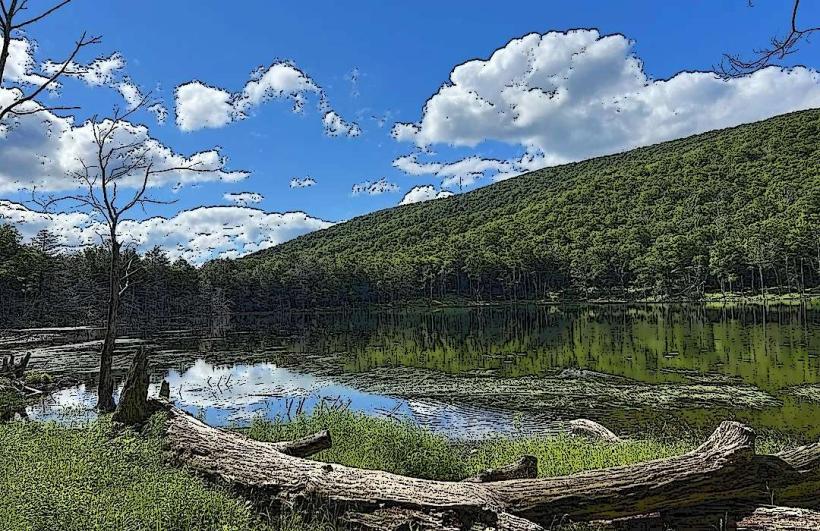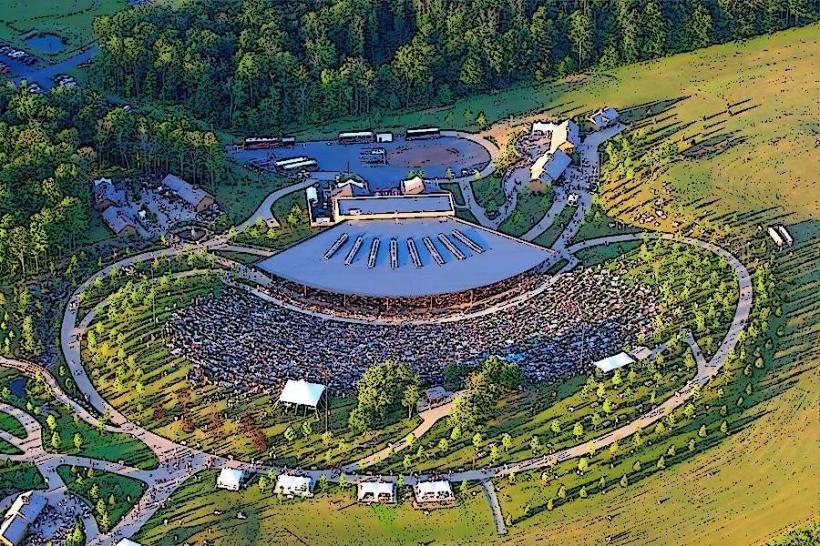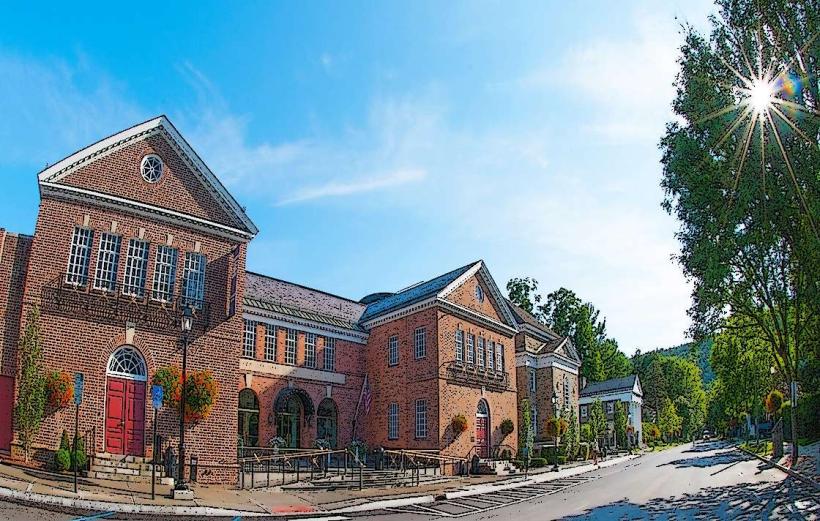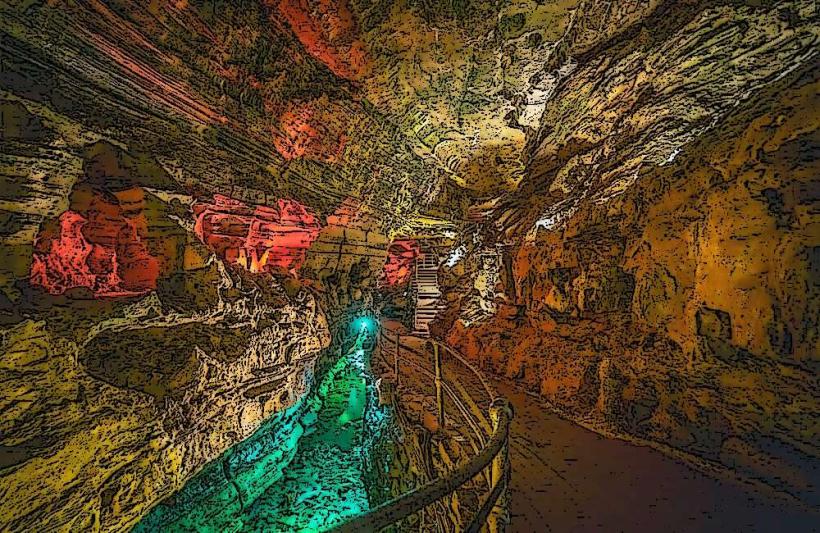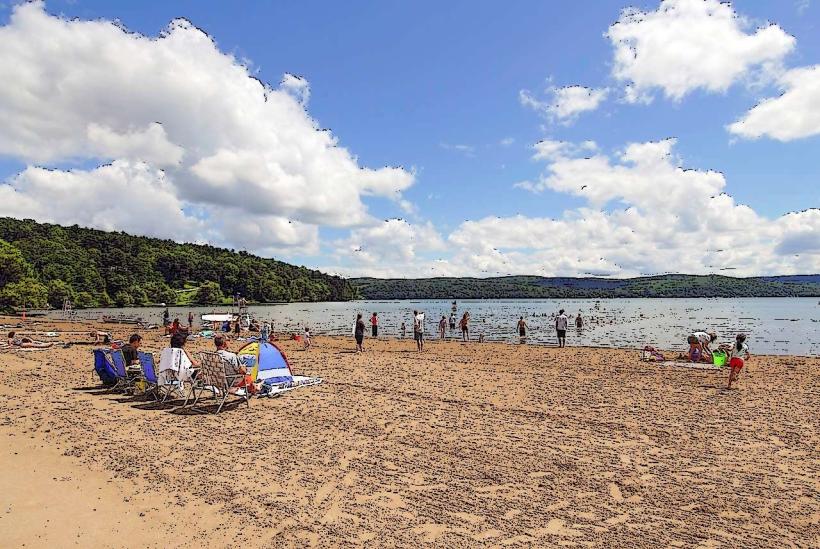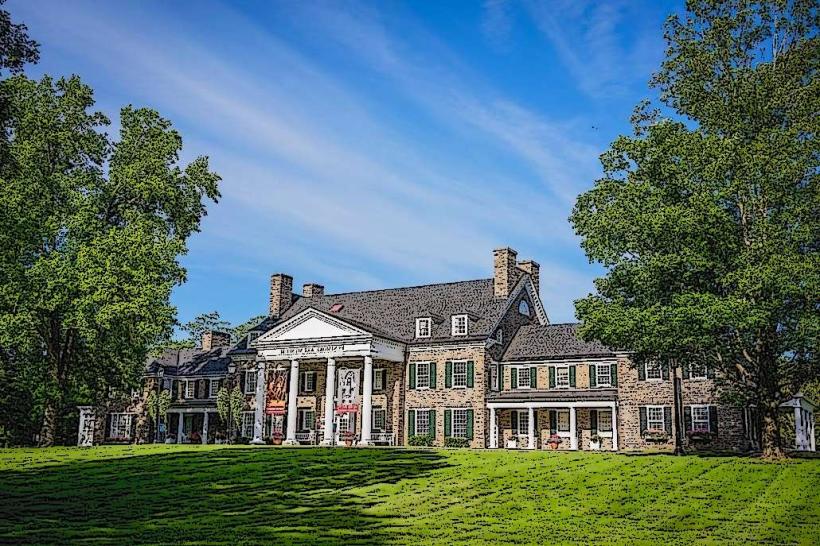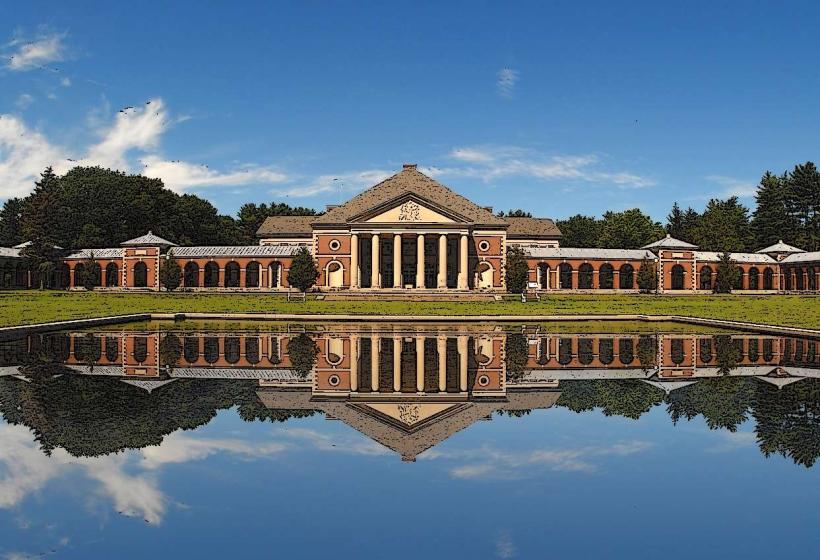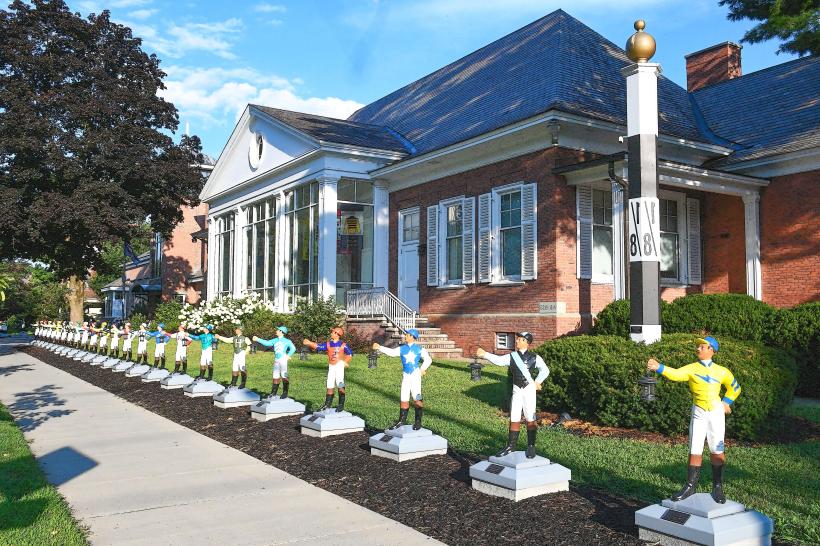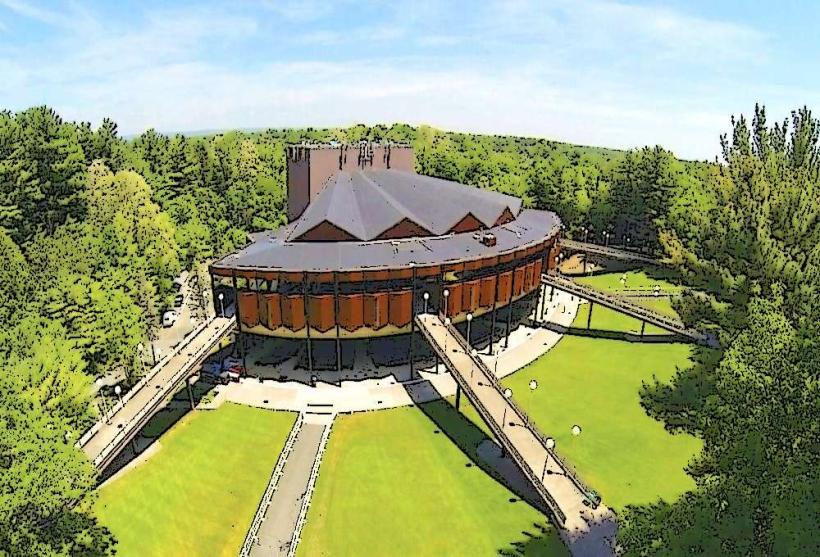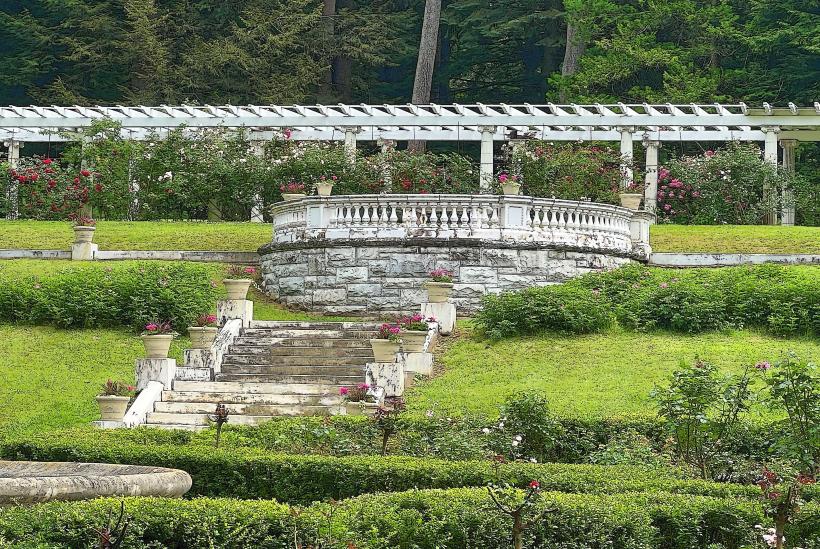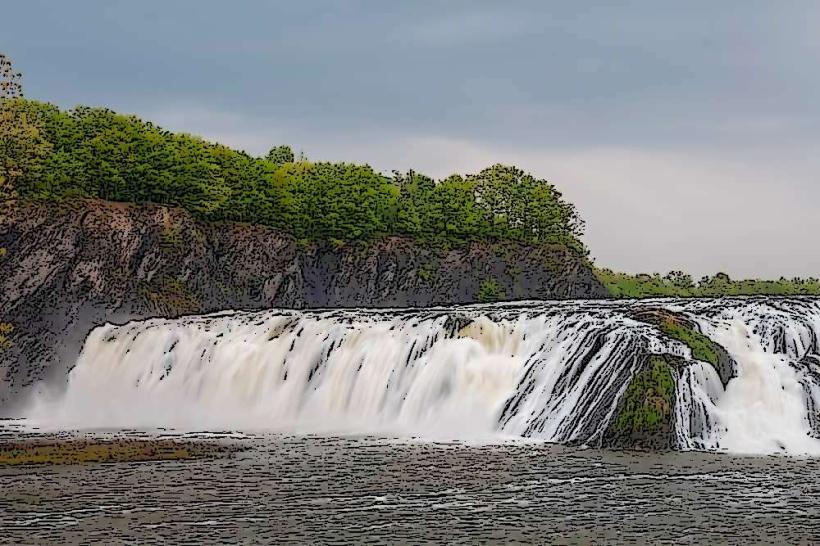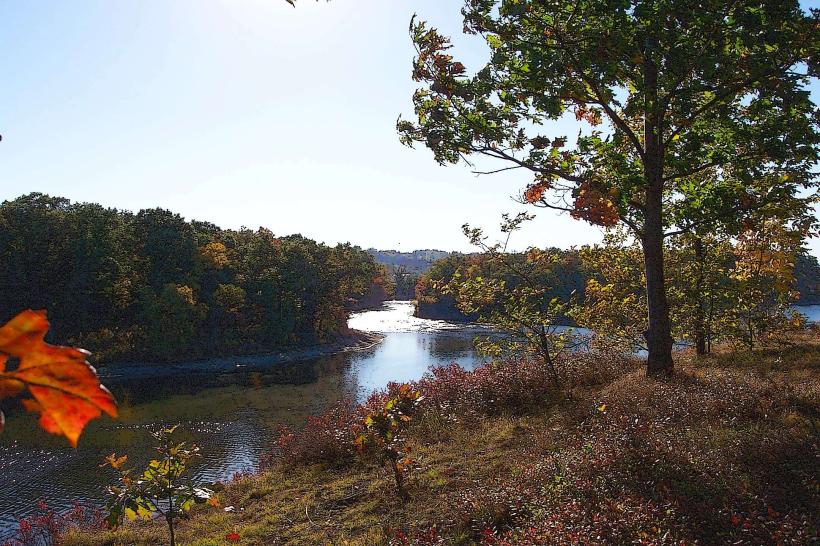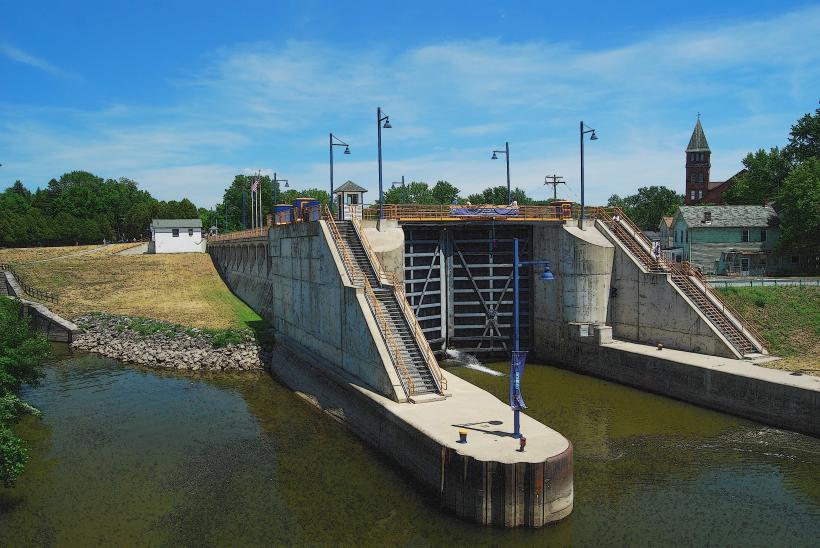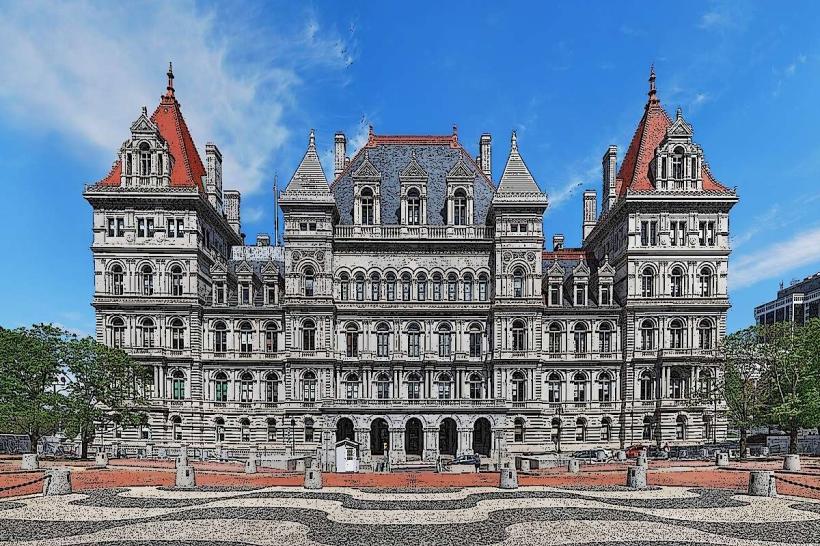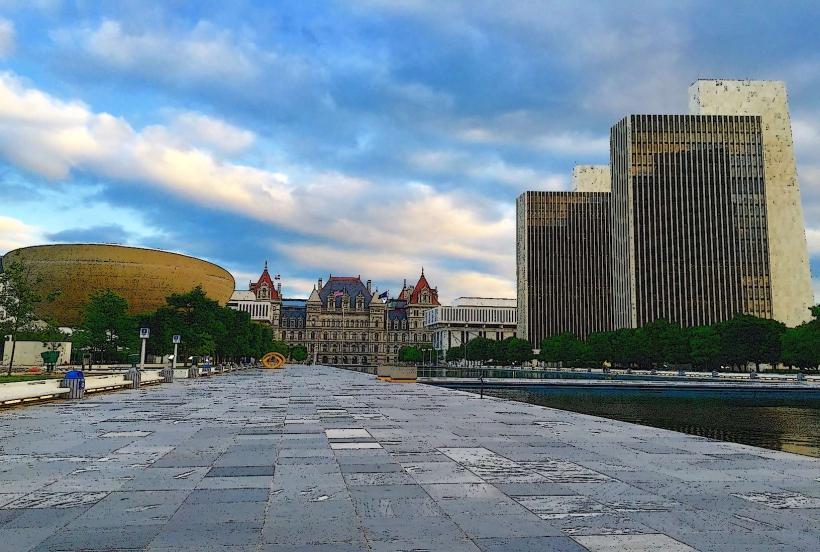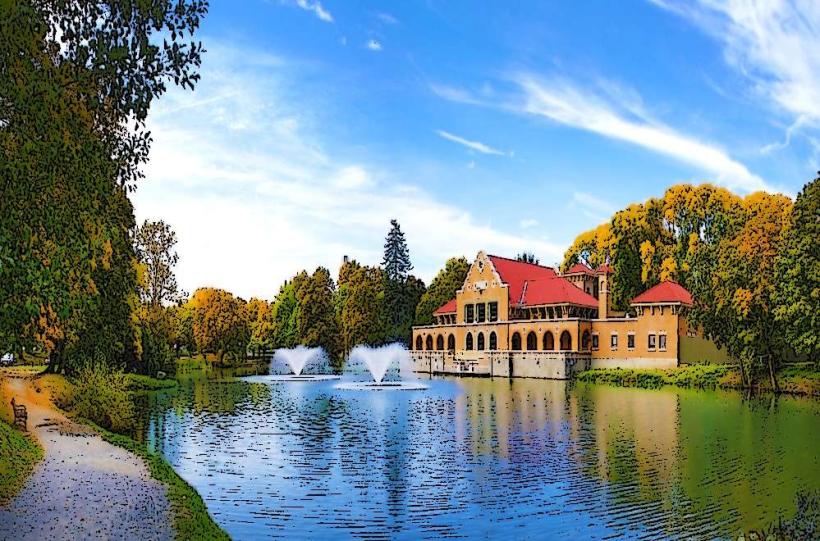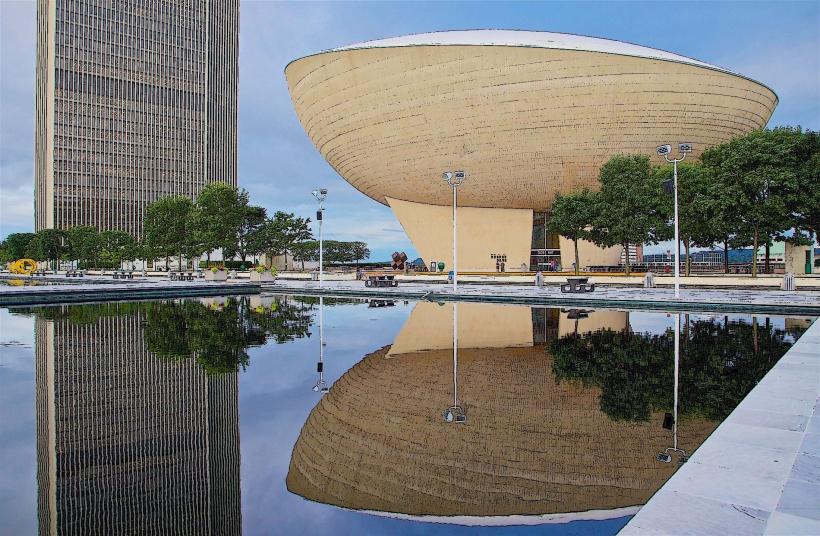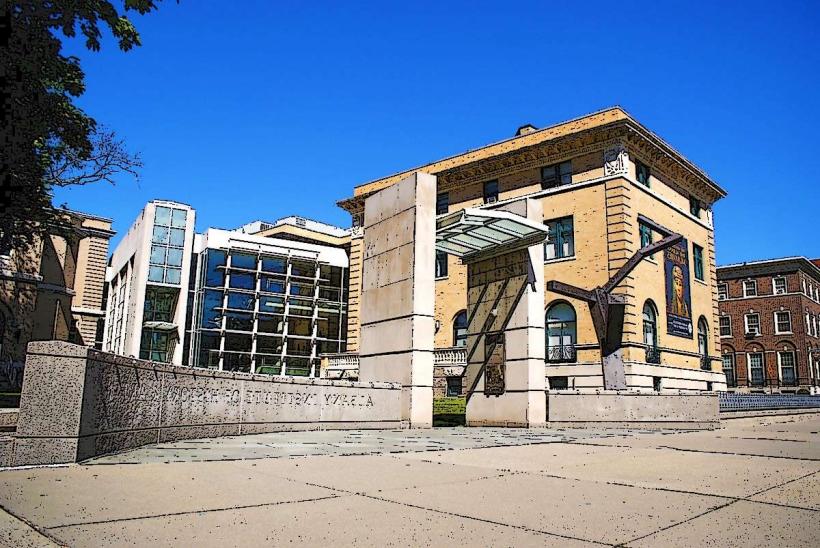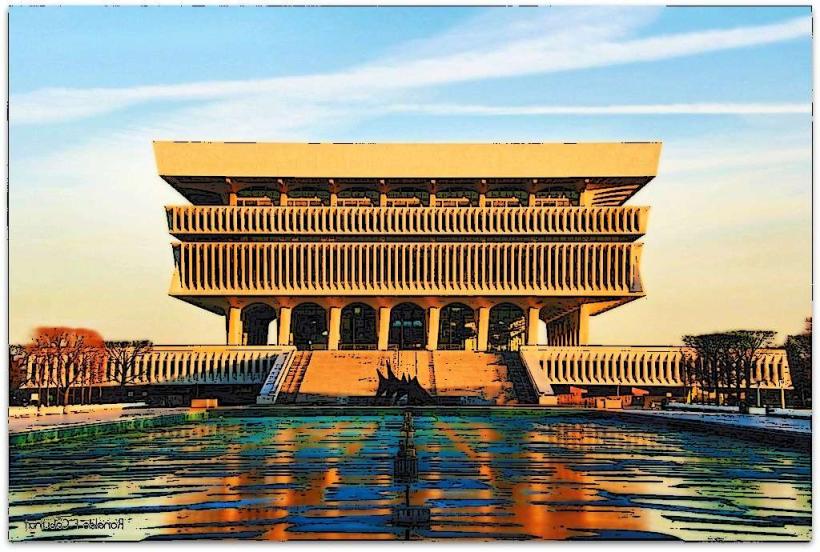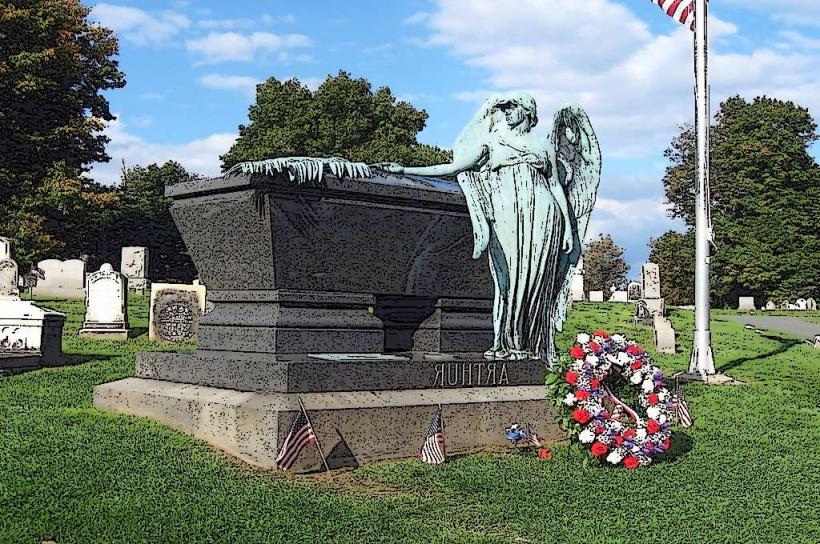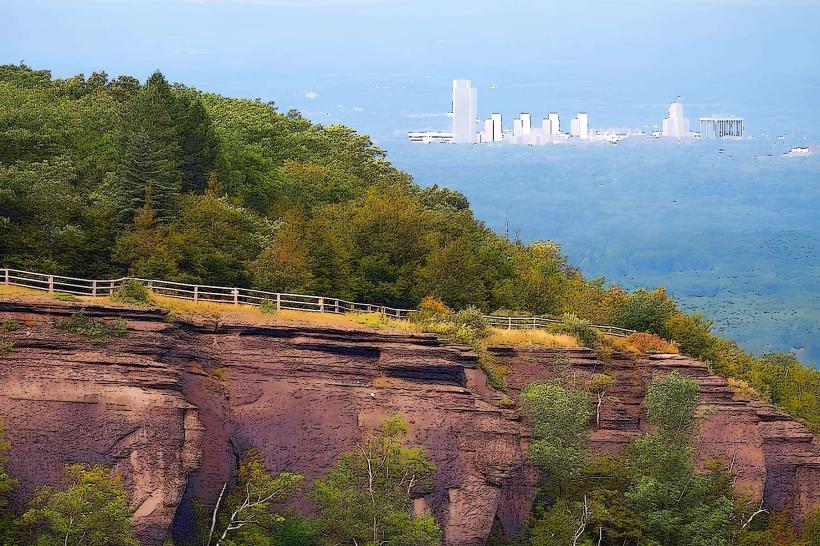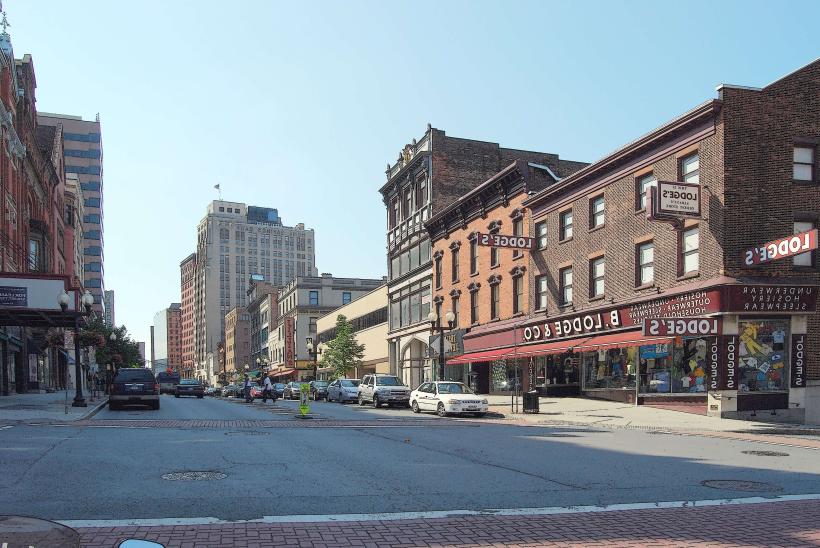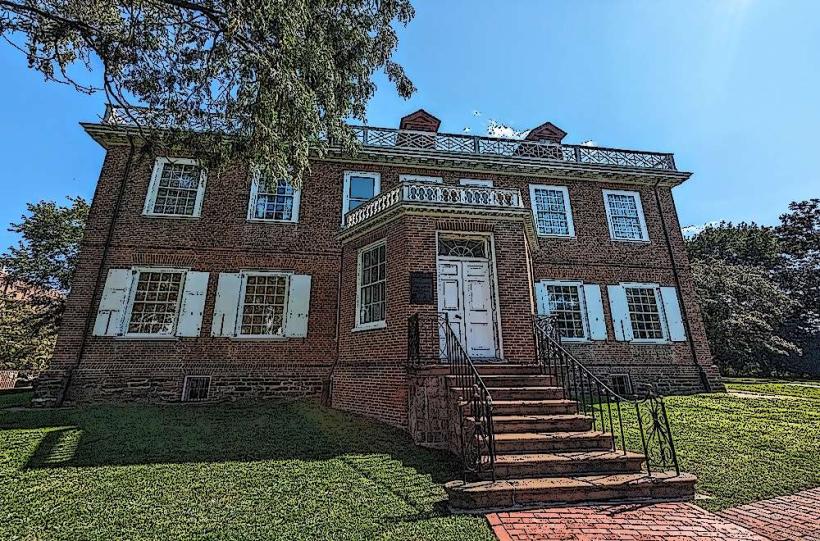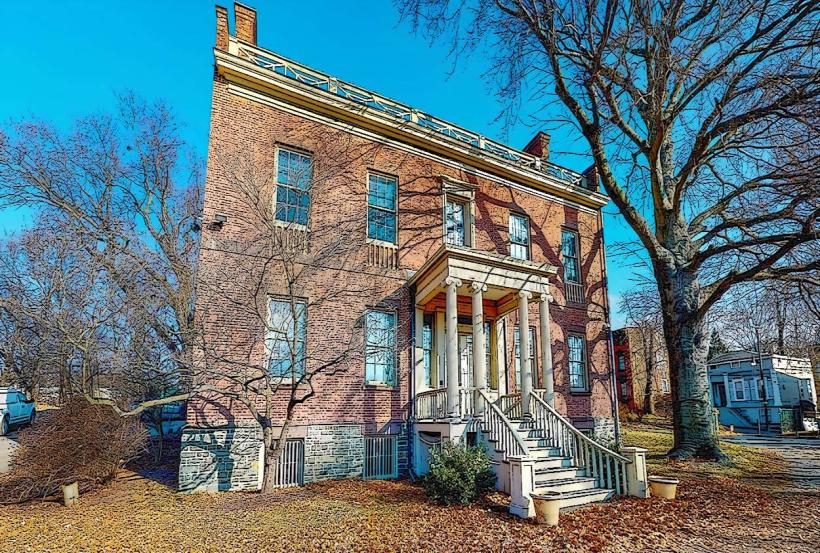Information
City: AlbanyCountry: USA New York
Continent: North America
Albany, USA New York, North America
Albany is the capital of New York and the seat of Albany County. Located on the west bank of the Hudson River, it is the heart of the "Capital Region" and a major center for state government, higher education, and burgeoning technology industries, particularly nanotechnology.
Historical Timeline
Originally inhabited by the Mohican people. In 1614, the Dutch established Fort Nassau, making it one of the oldest surviving European settlements from the original thirteen colonies. It was chartered as a city in 1686 (Dongan Charter). Albany served as a pivotal transport hub during the 19th century via the Erie Canal and the first commercial railroad in the U.S. In the late 20th century, Governor Nelson Rockefeller transformed the skyline with the construction of the Empire State Plaza, an expansive complex of brutalist state government buildings.
Demographics & Population
The estimated 2026 population is 101,317 (City proper) and 652,000 (Metropolitan area).
Median Age: 31.9 years, influenced by a high concentration of university students.
Composition: 53.0% White, 26.6% Black or African American, 7.9% Asian, and 8.1% Multiracial.
Economic Indicators: Median household income is $59,485, though the poverty rate remains high at 23.3%.
Urban Layout & Key Districts
Downtown: The legislative and judicial core, home to the State Capitol and the massive Empire State Plaza.
Center Square: A historic district known for its cobblestone streets, 19th-century rowhouses, and the vibrant Lark Street commercial corridor.
Pine Hills: A residential and student-heavy district situated between major university campuses and the downtown area.
Warehouse District: A northern industrial area recently revitalized into a hub for breweries, distilleries, and nightlife.
Rosemont: A stable, tree-lined residential neighborhood on the city's western edge.
Top City Landmarks
New York State Capitol: An 1899 masonry masterpiece featuring the "Million Dollar Staircase."
The Egg: A distinct, saucer-shaped performing arts center within the Empire State Plaza.
New York State Museum: The oldest and largest state museum in the U.S., featuring extensive Hudson River School art.
Washington Park: A 136-acre Victorian-style park hosting the annual Tulip Festival.
Albany Institute of History & Art: One of the oldest museums in the country, specializing in the regional history of the Upper Hudson Valley.
Lincoln Park Pool: A newly rebuilt, world-class aquatic facility opened in 2025.
Transportation Network
Albany International Airport (ALB) is the primary regional air hub. The city is the intersection of I-87 (NY Thruway) and I-90. The Albany-Rensselaer Amtrak Station is one of the busiest in the country, providing frequent "Empire Service" to New York City. Local transit is managed by the CDTA, which launched the Purple Line Bus Rapid Transit (BRT) in late 2024 to connect downtown to the UAlbany campus.
Safety & Environmental Alerts (Jan 23, 2026)
State of Emergency: Governor Hochul declared a State of Emergency today, Jan 23, ahead of extreme cold and a massive winter storm.
Extreme Cold: A Cold Weather Advisory is in effect. Wind chills are forecast to drop as low as -45°C (-50°F) in the region tonight.
Winter Storm Watch: Effective Sunday morning, Jan 25. Snowfall totals of 12–18 inches (30–45 cm) are expected through Monday. All non-essential state employees are directed to telecommute on Monday.
Water Safety: A major boil water notice in neighboring Colonie was rescinded yesterday, Jan 22, after the failure of a 24-inch transmission line was repaired.
Digital & Financial Infrastructure
Albany is the anchor of "Tech Valley," home to the Albany NanoTech Complex, the most advanced semiconductor research facility in the world. The 2026 State of the State address proposed doubling the Empire State Service Corps to assist in regional disaster recovery and AI data center regulation. The US Dollar (USD) is the currency. Sales tax is 8.0%.
Climate & Air Quality
Albany has a Humid Continental climate (Dfa).
Current Weather: Overcast and frigid; current temperature is -6°C (21°F).
Air Quality: Excellent (AQI 18).
Environmental Projects: The city is currently investing $30 million in street resurfacing and "green" infrastructure to mitigate Hudson River runoff.
Local Cost Index
1 Espresso: $3.75 – $5.50
1 Standard Lunch (Lark St): $16.00 – $24.00
Median 1-Bedroom Rent: $1,425
Trash Fee: Increased to $180/year per unit in the 2026 budget to cover rising landfill costs.
Facts & Legends
Albany is the oldest continuously chartered city in the United States. A verified fact: Perforated toilet paper was invented here by Seth Wheeler in 1871. A local legend involves the "Ghost of the Capitol," an elderly night watchman named Samuel Abbott who perished in the 1911 Capitol Fire and is reportedly still seen patrolling the fourth-floor corridors.

